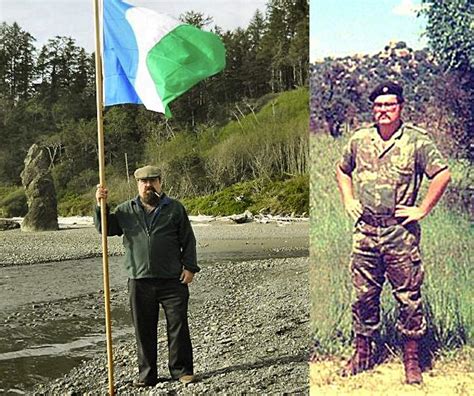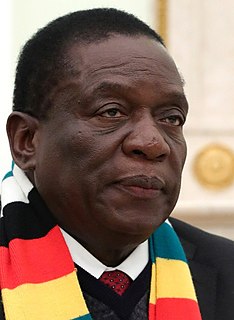A Quote by Timothy D. Snyder
There's a basic problem with the history of the Holocaust. The people who do it don't know the necessary languages.
Related Quotes
We always see the Holocaust in terms of black-and-white images, barking Germans, cowering Jews. We know very well-known fixed places like Auschwitz, Birkenau, Treblinka, and Beltzec. Instead, war can live in a couple having a spat, when we say, "That was a real war." We very rarely have the Holocaust live in the terms of today. And I think that's a problem, because it becomes ancient history.
Creationists and Holocaust deniers are both very similar - both are denying what is a perfectly manifest fact. In the case of Holocaust deniers it's more recent history, but in both cases the evidence - in favour of the Holocaust and evolution - is simply overwhelming. That doesn't mean they are morally or politically equivalent. But they are equivalent in denying history.
Why is it, that there's no movies, very little very little attention about the greatest Holocaust in the history of the world which was the Holocaust against Christians by the Soviet communism.And that's my point. We have a controlled media today that talks about the Holocaust, but they don't talk about the death and destruction of tens of millions of Christians...Which was a bigger Holocaust.
Writing in African languages became a topic of discussion in conferences, in schools, in classrooms; the issue is always being raised - so it's no longer "in the closet," as it were. It's part of the discussion going on about the future of African literature. The same questions are there in Native American languages, they're there in native Canadian languages, they're there is some marginalized European languages, like say, Irish. So what I thought was just an African problem or issue is actually a global phenomenon about relationships of power between languages and cultures.
The steep ride up the and down the energy curve is the most abnormal thing that has ever happened in human history. Most of human history is a no-growth situation. Our culture is built on growth and that phase of human history is almost over and we are not prepared for it. Our biggest problem is not the end of our resources. That will be gradual. Our biggest problem is a cultural problem. We don't know how to cope with it.
It was really hard coming to terms with the Nazi history. Then in my twenties I was traveling to Germany. There was a lot of poetry activity and some of my first readings abroad and trying to relate with people my own age there and what they were discovering and learning had to examine in terms of their backgrounds. Then so many of my friends had family who had either perished in the holocaust or survived in the holocaust. It was very palpable.



































